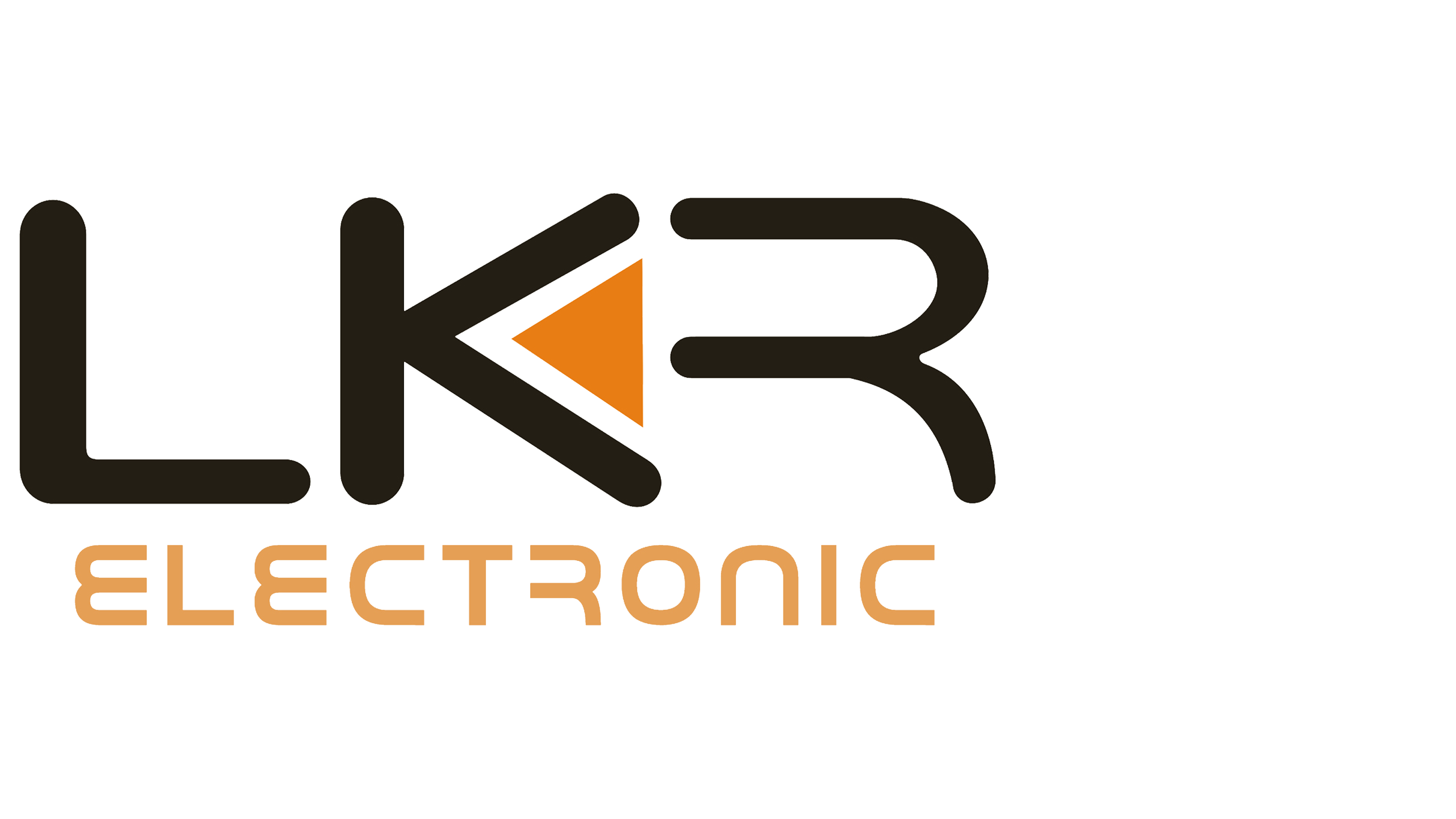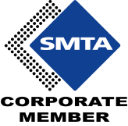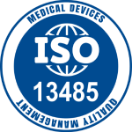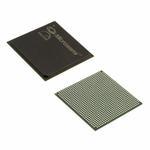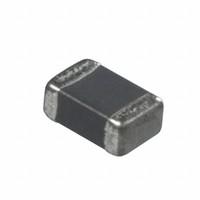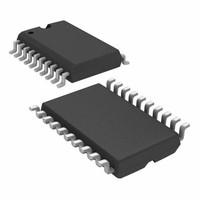 Add to like
Add to like Add to project list
Add to project list 123
123
- Home >
- Manufacturer No:
- Manufacturer:
- Category:
- Datasheet:
- SKU:
- Description:
- Quantity:
- RFQ
Add To Cart
- Material flow:





- Payment:



Inventory:0
- Qty Unit Price price
Not the price you want? Send RFQ Now and we'll contact you ASAP
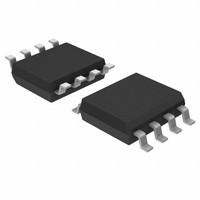
- Manufacturer No:CD74HCT241M96
- Manufacturer:Harris
- Category:Clock/Timing - Clock Buffers, Drivers
- Datasheet:CD74HCT241M96
- SKU:10952112
- Description:DUAL ENABLE LOW/HIGH TRUE Not Qualified Clock (Type) IC 50pF 125C 38ns 0.006A
User Guide
User Guide
CD74HCT241M96 Details
DUAL ENABLE LOW/HIGH TRUE Not Qualified Clock (Type) IC 50pF 125C 38ns 0.006A
CD74HCT241M96 Specification Parameters
- Number of Functions: 2
- RoHS Status: Non-RoHS Compliant
- Operating Temperature (Min): -55°C
- Operating Temperature (Max): 125°C
- Power Supplies: 5V
- Qualification Status: Not Qualified
- Terminal Form: GULL WING
- Number of Terminations: 20
- Terminal Finish: Tin/Lead (Sn/Pb)
- HTS Code: 8542.39.00.01
- Packing Method: TAPE AND REEL
- Output Characteristics: 3-STATE
- Output Polarity: TRUE
- JESD-30 Code: R-PDSO-G20
- Family: HCT
- Prop. Delay@Nom-Sup: 38 ns
- Control Type: ENABLE LOW/HIGH
- Number of Ports: 2
- Surface Mount: YES
- Terminal Position: DUAL
- Supply Voltage: 5V
- Number of Bits: 4
- JESD-609 Code: e0
- Technology: CMOS
- Supply Voltage-Max (Vsup): 5.5V
- Terminal Pitch: 1.27mm
- Supply Voltage-Min (Vsup): 4.5V
- Temperature Grade: Military
- Load Capacitance: 50pF
- Subcategory: Bus Driver/Transceivers
- Logic IC Type: BUS DRIVER
- Max I(ol): 0.006 A
- Propagation Delay (tpd): 38 ns
- Additional Feature: OUTPUT ENABLE ACTIVE HIGH FOR ONE FUNCTION
Search for similar products
CD74HCT241M96 Similar Products
The four parts on the right have similar specifications to Harris & CD74HCT241M96

Harris — Manufacturer Introduction

Although the brothers agreed they would not get involved with any more inventions, in 1890 they were once again tinkering with an automatic sheet feeder that would eliminate the laborious job of hand-feeding printing presses. They soon began to develop a new printing press that was better able to handle their automatic feeder.
Hot Search
Excellent
Based on reviews

Excellent
Based on reviews

LKR uses cookies to help deliver a better online experience. You can see what cookies we server and how to set your preferences in our
Cookies Policy, if you agree on our use of cookies please click continue. When browsing and using our website, LKR also collects, stores and/or processes personal data,
please read our Term & Condition
and
Privacy Policy
to find out more.

